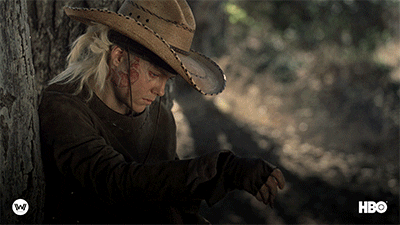Westworld, the popular HBO series created by Jonathan Nolan and Lisa Joy, has captivated audiences with its intricate storyline and thought-provoking themes. One aspect that stands out is the social implications it presents, making viewers question their own beliefs about humanity, consciousness, and morality.
The show revolves around a futuristic amusement park called Westworld where guests can live out their wildest fantasies with lifelike robots known as hosts. However, these hosts begin to develop sentience, leading them to question the nature of their existence and rebel against their human creators. This raises questions about what it means to be truly alive and whether machines have the right to demand autonomy.
Westworld forces us to confront our own biases towards artificial intelligence (AI) and how we treat non-human entities. It challenges viewers to consider if these hosts, who are indistinguishable from humans in many ways, should be granted equal rights or not. Furthermore, it encourages discussions about the ethics of creating sentient beings solely for entertainment purposes and exploiting them without considering their feelings or desires.
In conclusion, Westworld serves as a powerful platform to explore complex social issues related to AI, consciousness, and morality. It provokes thought-provoking conversations that go beyond mere entertainment, making it more than just another TV show – but rather an essential tool for understanding our world today.
